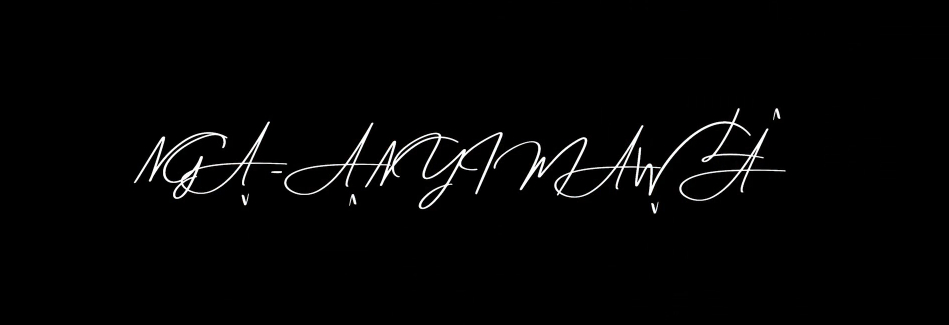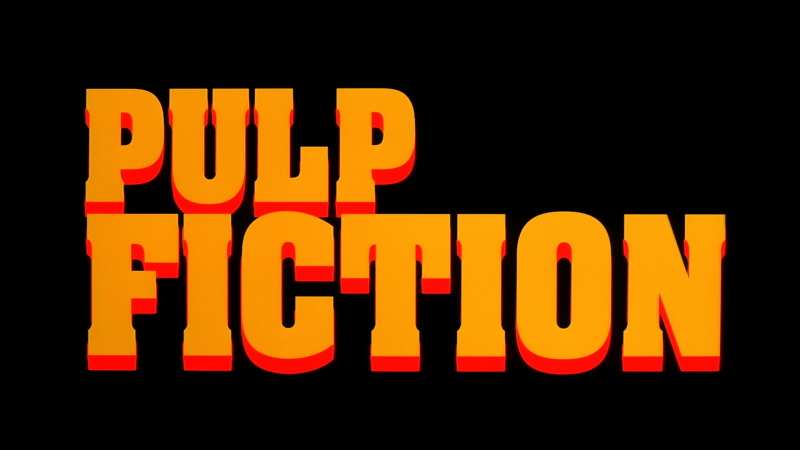
The short film Oblivion: The Original Texts (เลือน: บทประพันธ์ดั้งเดิม), a collage of found footage woven into a magical realist allegory, begins with the sound of gunshots, stills from Chookiat Sakveerakul’s film Taklee Genesis (ตาคลี เจเนซิส), and a voiceover in which a student, Burindh, describes the 1976 massacre at Thammasat University: “A gunshot has been fired. Sending its vibrating wave upon my chest.”
As the poetic voiceover continues, the narrator recalls how he fled not only from the Thammasat campus but from Bangkok itself, which “is not the city of the people. It is not the city of ordinary people”. (These lines are juxtaposed with vintage newsreel footage of the Ananta Samakhom Throne Hall and the Grand Palace, symbolic buildings that have also featured in some of the director’s previous short films.)
As he escapes from his attackers, Burindh asks: “if I don’t possess this ideology that’s different than them, would they still aim their bullets at me?” The question is as relevant today as it was in 1976, as riot police fired rubber bullets at student protesters in 2021 and 2022. The film uses footage of a protest against Ampon Tangnoppakul’s conviction for lèse-majesté, taken from Apichatpong Weerasethakul’s short film Ashes, to hint at the ideology of Burindh and the recent protesters.
In 1976, a prominent monk, Kittivuddho Bhikku, pronounced that killing Communists was equivalent to merely catching fish, in a signal to the royalist vigilante groups who stormed the Thammasat campus a few months later. Images of fishermen in Thunska Pansittivorakul’s documentary The Terrorists (ผู้ก่อการร้าย) were metaphors for the monk’s comments, though Oblivion goes a stage further: Burindh transforms into a goby fish and swims away from Bangkok.
Burindh’s metamorphosis is similar to that of Boonsong, the monkey spirit in Apichatpong’s Uncle Boonmee Who Can Recall His Past Lives (ลุงบุญมีระลึกชาติ), another student who escaped persecution. Burindh meets Boonsong, his (literal) kindred spirit, who reassures him that his memories (and, by implication, Thailand’s political traumas) will not be forgotten as long as they are retold.
Oblivion was directed under the pseudonym Burindh the Golden Goby. The further adventures of Burindh will follow in Oblivion: The Non-human Interpretation, which will be shown next year as part of Bangkok Design Week.
As the poetic voiceover continues, the narrator recalls how he fled not only from the Thammasat campus but from Bangkok itself, which “is not the city of the people. It is not the city of ordinary people”. (These lines are juxtaposed with vintage newsreel footage of the Ananta Samakhom Throne Hall and the Grand Palace, symbolic buildings that have also featured in some of the director’s previous short films.)
As he escapes from his attackers, Burindh asks: “if I don’t possess this ideology that’s different than them, would they still aim their bullets at me?” The question is as relevant today as it was in 1976, as riot police fired rubber bullets at student protesters in 2021 and 2022. The film uses footage of a protest against Ampon Tangnoppakul’s conviction for lèse-majesté, taken from Apichatpong Weerasethakul’s short film Ashes, to hint at the ideology of Burindh and the recent protesters.
In 1976, a prominent monk, Kittivuddho Bhikku, pronounced that killing Communists was equivalent to merely catching fish, in a signal to the royalist vigilante groups who stormed the Thammasat campus a few months later. Images of fishermen in Thunska Pansittivorakul’s documentary The Terrorists (ผู้ก่อการร้าย) were metaphors for the monk’s comments, though Oblivion goes a stage further: Burindh transforms into a goby fish and swims away from Bangkok.
Burindh’s metamorphosis is similar to that of Boonsong, the monkey spirit in Apichatpong’s Uncle Boonmee Who Can Recall His Past Lives (ลุงบุญมีระลึกชาติ), another student who escaped persecution. Burindh meets Boonsong, his (literal) kindred spirit, who reassures him that his memories (and, by implication, Thailand’s political traumas) will not be forgotten as long as they are retold.
Oblivion was directed under the pseudonym Burindh the Golden Goby. The further adventures of Burindh will follow in Oblivion: The Non-human Interpretation, which will be shown next year as part of Bangkok Design Week.



















































